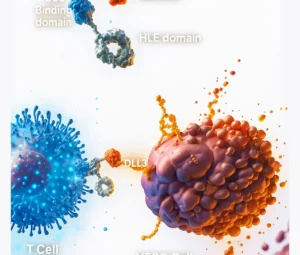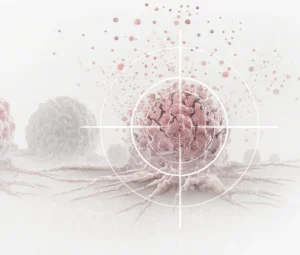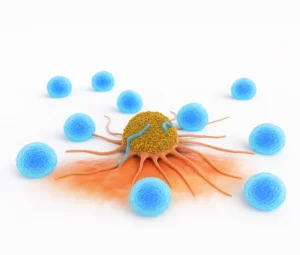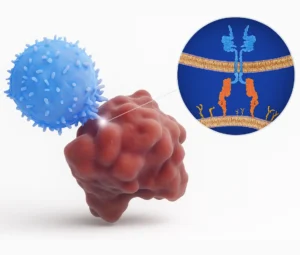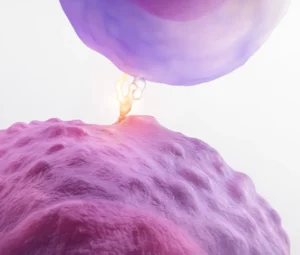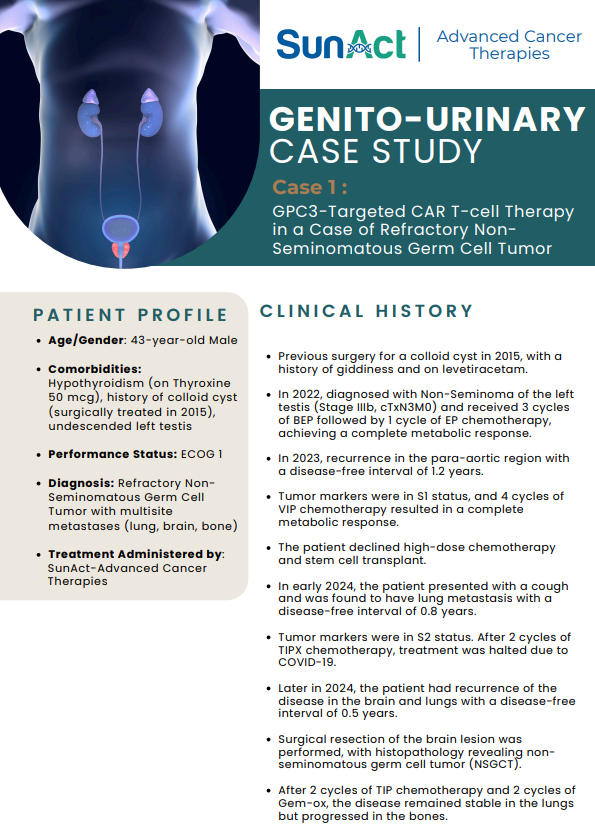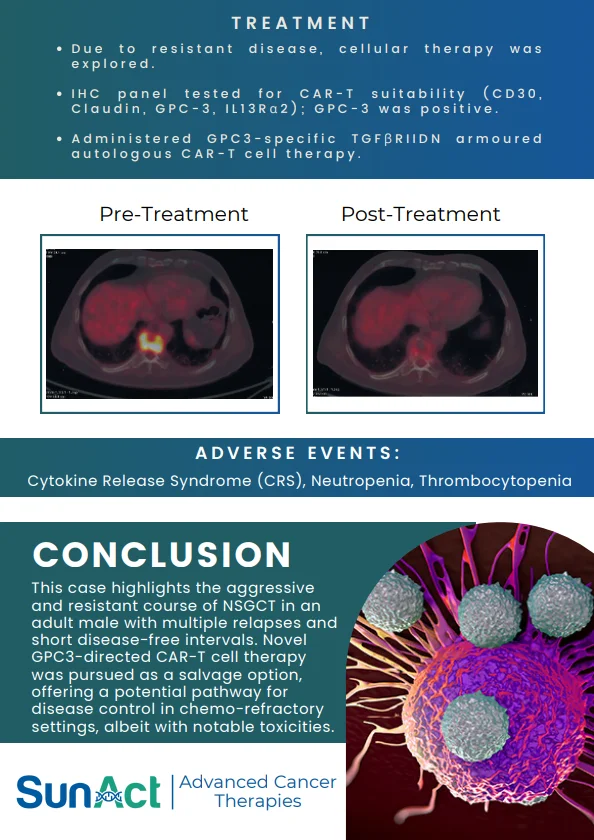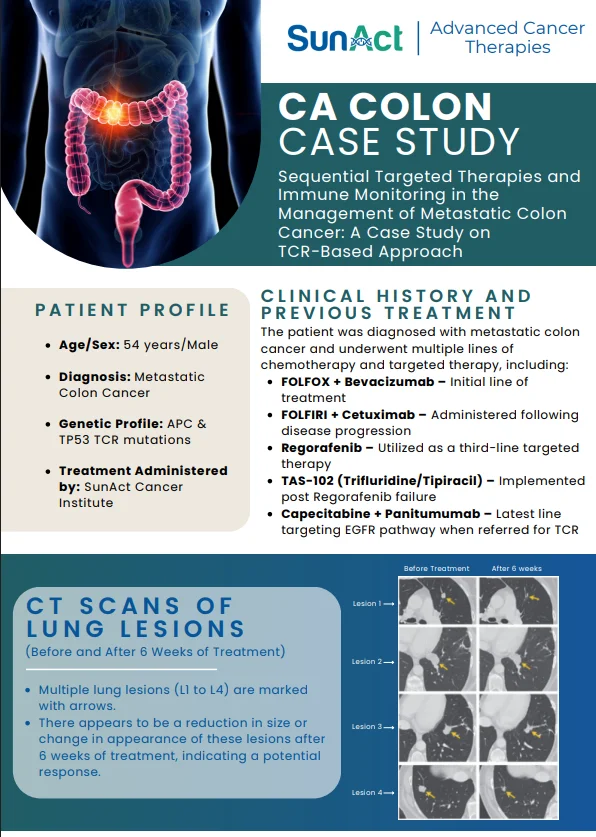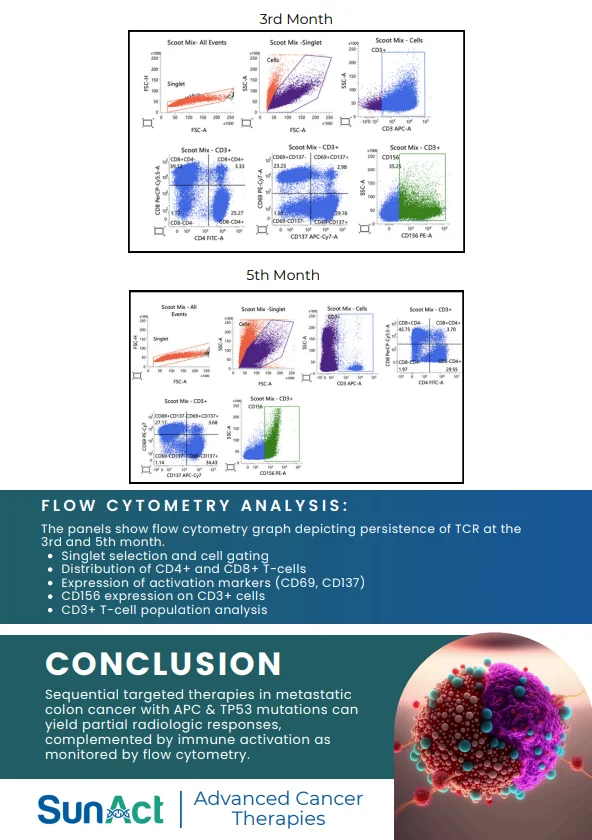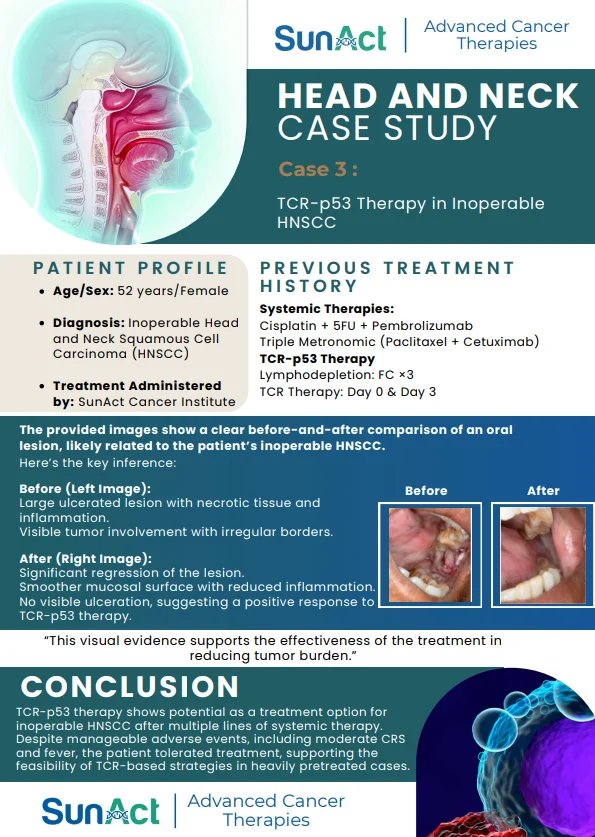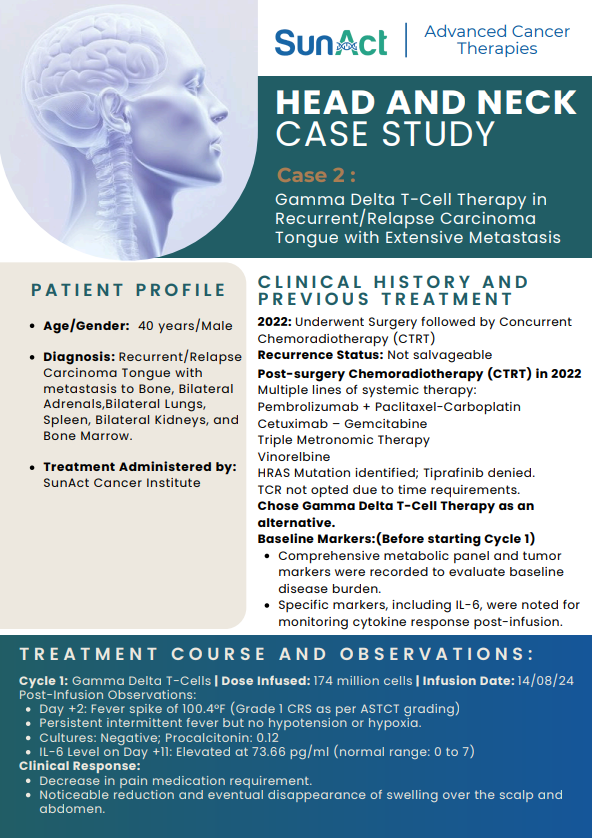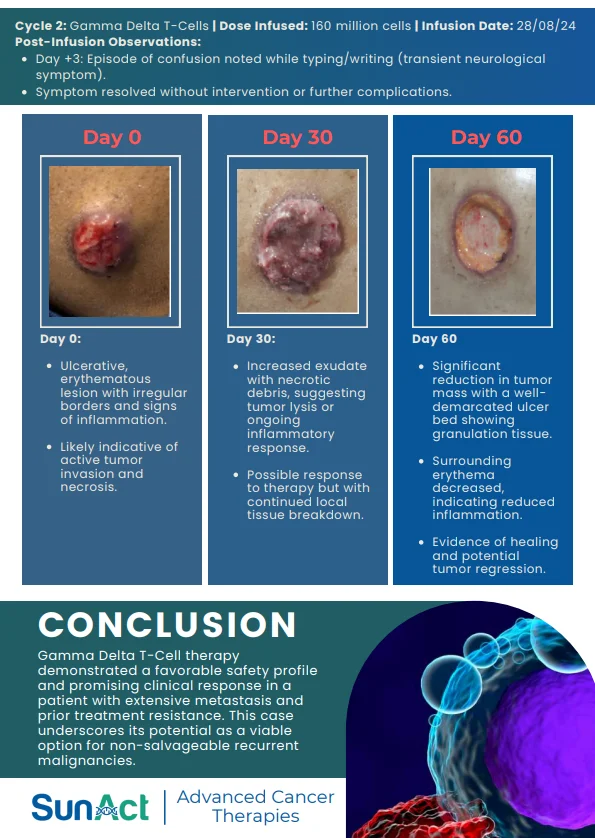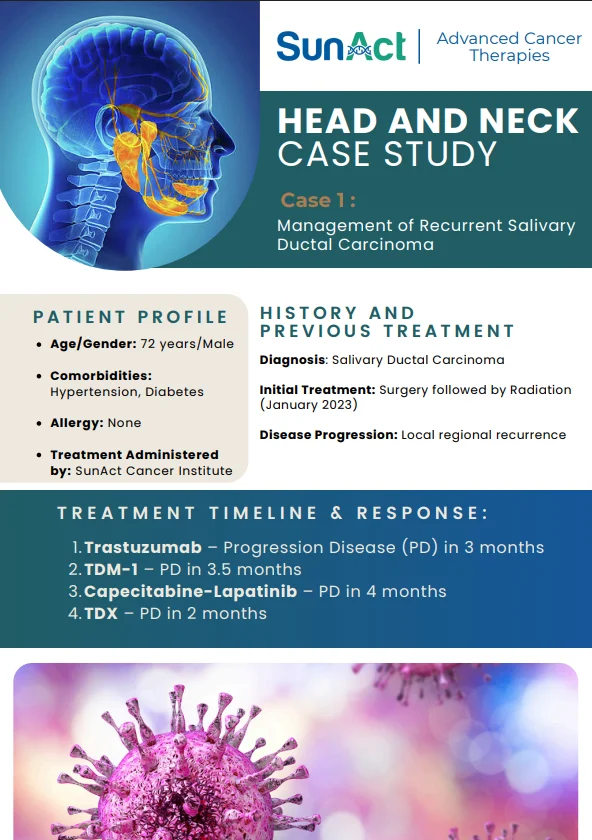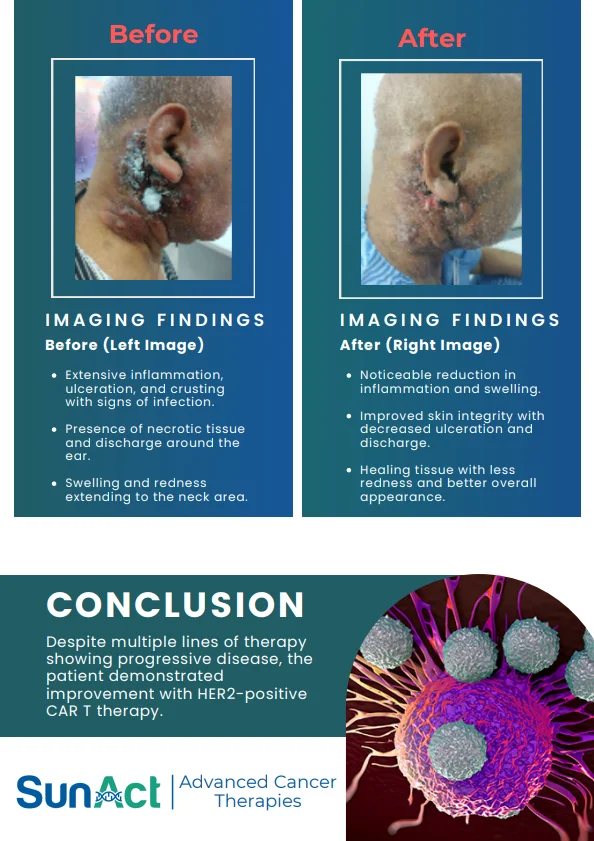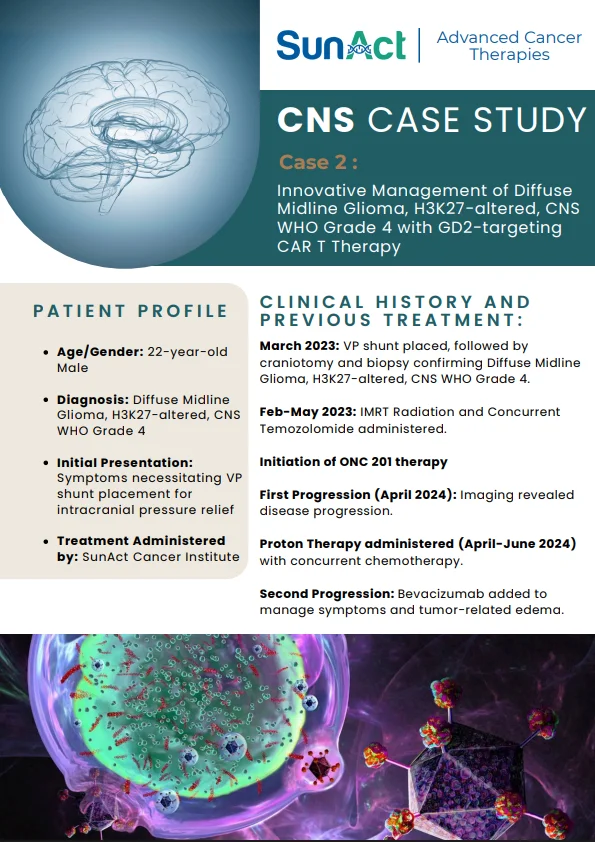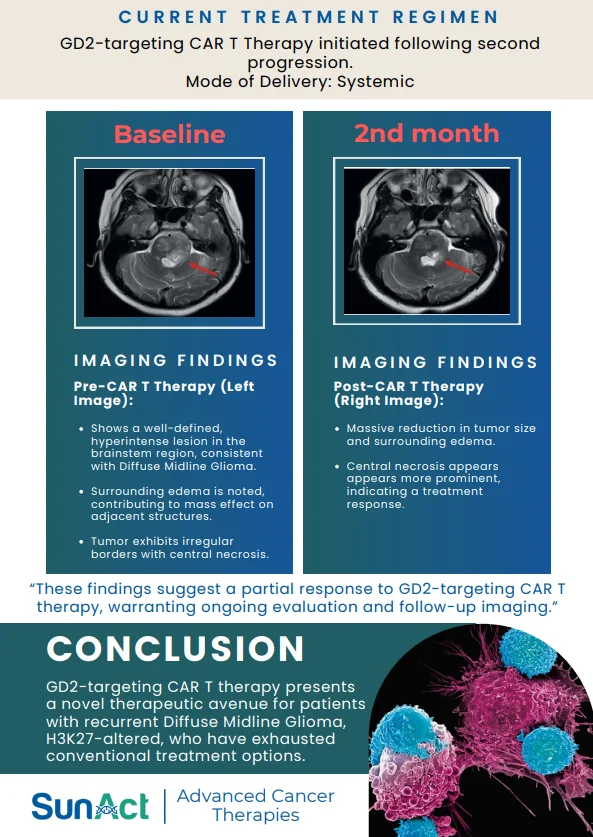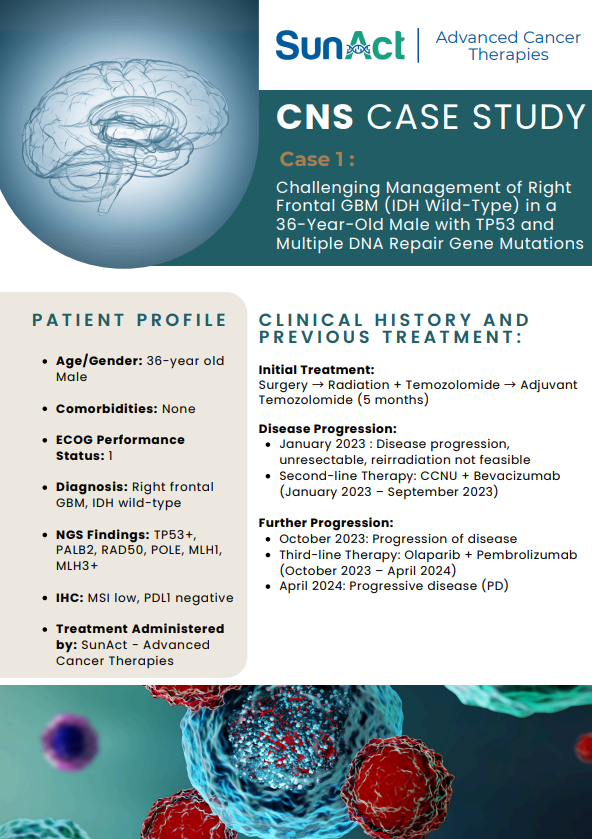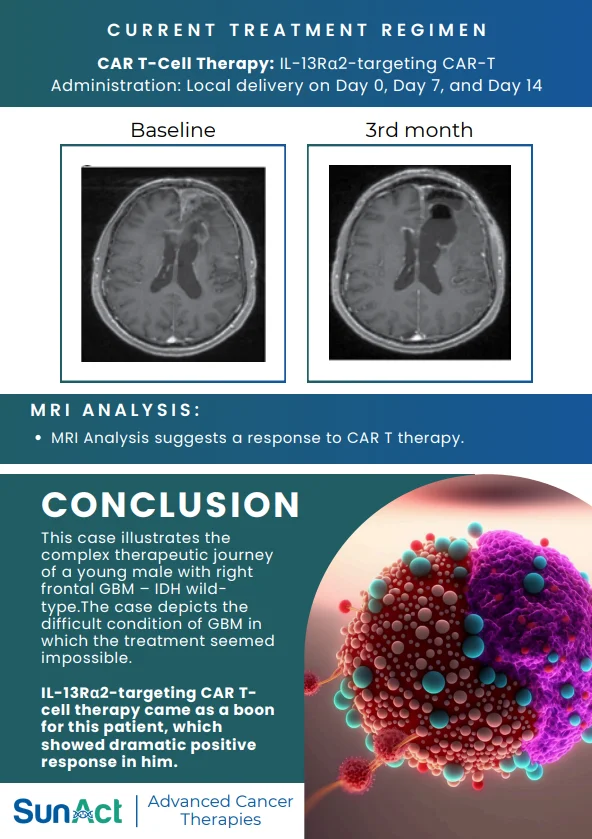10 June 2025
Glioblastoma is one of the most dangerous brain cancers out there. It’s fast-growing, hard to remove completely, and often comes back even after treatment. But now, an exciting new kind of therapy using specially trained immune cells is offering fresh hope to the patients.
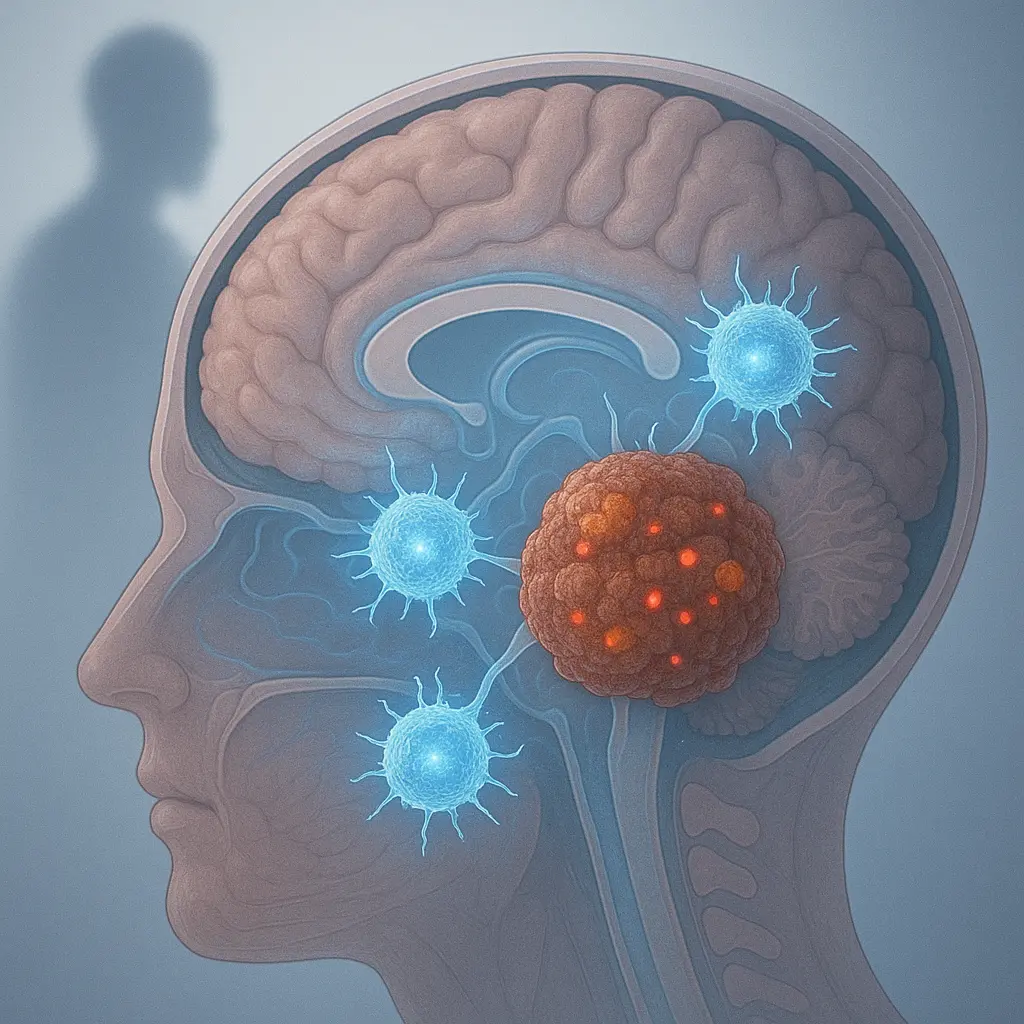
Glioblastoma is one of the most dangerous brain cancers out there. It’s fast-growing, hard to remove completely, and often comes back even after treatment. But now, an exciting new kind of therapy using specially trained immune cells is offering fresh hope to the patients.
Current Treatments regimen for GBM are, Surgery, Radiation, and Chemotherapy. Even with all of this, glioblastoma almost always comes back. And once it does, treatment options are very limited.
CAR-T therapy is an advanced therapy for the treatment of cancer. In this new therapy, patient’s own immune system is reprogrammed to hunt down and destroy the tumour cells. Furthermore, in this therapy, doctors take some of your T cells which are the fighter cells of the immune system and destroy any foreign or invading cells in the body. They reprogram them in a lab to recognize and attack cancer cells. These “supercharged” T cells are put back into your body to seek and destroy the tumour. CAR-T therapy has already been a game changer in blood cancers like leukemia and lymphoma. The efficacy of CAR-T cells in solid tumours like brain tumours is challenging so far.
In this, new clinical trial just tested an advanced version of CAR-T therapy in 18 patients with recurrent glioblastoma. In this study, the scientists engineered the T cells to recognize two markers on tumour cells, called EGFR and IL13Rα2. This gives the T cells more chances to find and attack the tumour. Instead of injecting the T cells into the bloodstream, they were delivered directly into the brain’s fluid system (the ventricles). This helps them get right to where they’re needed.
The observations of this clinical trials were:
- The treatment was generally safe. Some patients had temporary brain-related side effects like confusion or weakness, but these were manageable.
- Early Signs of Effectiveness: Over 60% of patients showed tumour shrinkage, and some lived significantly longer than expected for recurrent glioblastoma.
- Evidence of Action: Tests showed that the CAR-T cells reached the brain, multiplied, and began attacking tumour cells.
This is a Phase 1 trial, which mainly checks if the treatment is safe. The next step is larger trials to see how well it works in more people. Researchers also want to find out who is most likely to benefit, and whether combining this treatment with others might make it even stronger.

